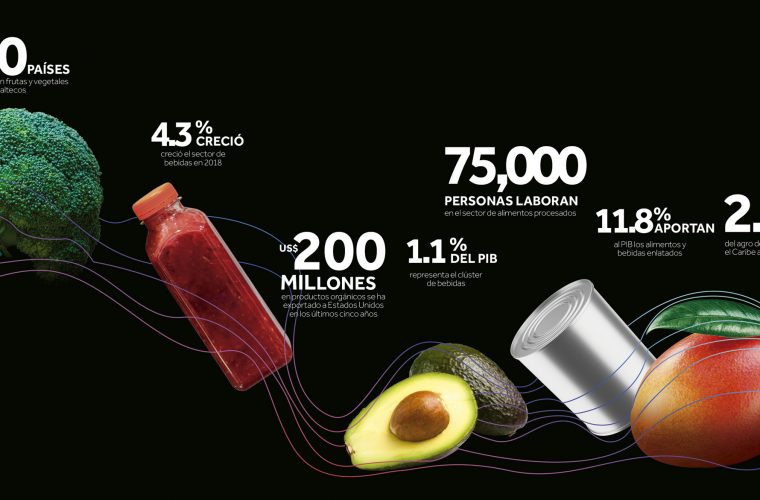The map that shows the way to the top
Competitiveness must be sustainable and get all citizens involved to work and achieve the goals and objectives. The National Competitiveness Policy seeks to improve the quality of life of Guatemalans and create more employment opportunities during the next 15 years.
It is essential to stop the low levels of productivity that limit the performance of the most productive sectors of the country and prevent reaching the most urgent social needs.
Who benefits the most with the implementation of a competitiveness policy are young people between 15 to 34 years old, which is the productive age population.
Guatemala must focus on strengthening the human resource, particularly addressing health and educational needs, so that all the people have decent and well-paid jobs.
It is necessary to strengthen the public and private sectors with regulations that guide and increase the interactions that allows to improve the social structure.
It is transcendental for the academy to be involved so that this will be the innovation driver.
The National Competitiveness Policy seeks that those who are lagging behind, advance at a faster pace to increase overall productivity and improve the Guatemalan economy and the quality of life of all Guatemalans.
There are 12 pillars that measure competitiveness, according to the World Economic Forum.
The public sector is responsible for:
- Infrastructure
- Macroeconomic environment
- Institutions
- Health
- Education
The productive sector:
- Efficiency in the goods, labor and financial markets
- Quality on education and training
- Technological preparation
- Market size
The academy:
- Business sophistication
- Innovation
Young people between 15 to 34 years Who benefits the most with the implementation of a competitiveness policy employment opportunities during the next 15 years.
The Sustainable Economic Observatory is a USAID project implemented by the Del Valle University of Guatemala in consortium with Funcafè, ASIES and RTI in order to propose and analyze public policies based on scientific evidence and world class studies, strengthen the capacities of key actors and open spaces for discussion with the participation and contribution of civil society, public and private sector, academy and other national actors.












